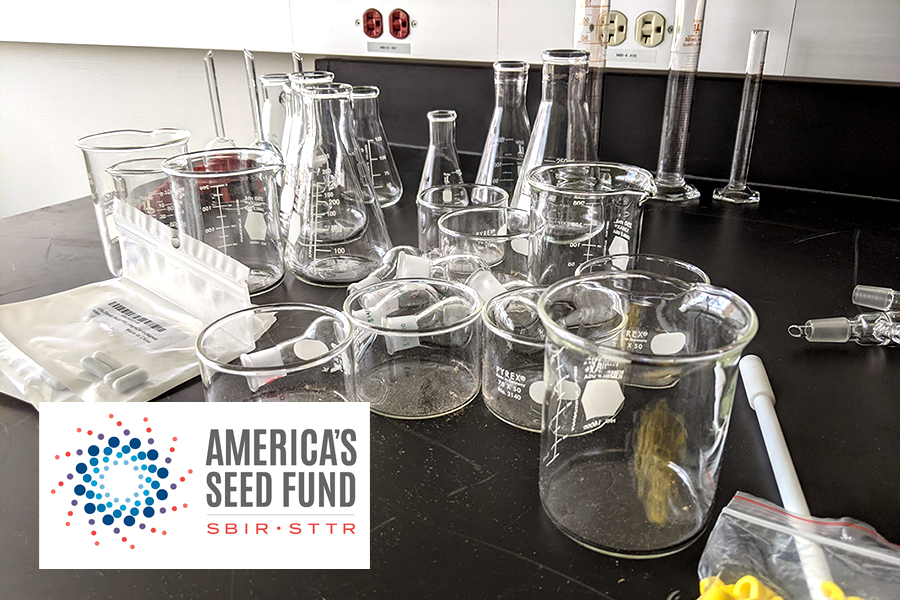The U.S. Department of Energy has awarded LoopCO2 a Small Business Technology Transfer (STTR) grant of $250,000 to advance CO2-based polyesters toward commercialization. LoopCO2 technology was first developed with support from the NSF Center for Sustainable Polymers.
The focus of LoopCO2’s research will be the development of thermoplastic elastomers that can be depolymerized back to their original monomer and reused via a recycling mechanism. A difficult task to achieve in existing polyesters!
This will result in a new class of polyester materials in the form of pellets for manufacturing consumer products. The competitive advantage will be the production of monomer that can achieve negative carbon emission. Initial testing of one of the resultant polyesters indicates that it is both inherently biodegradable in wastewater and chemically recyclable.
In the next year, LoopCO2 hopes to tweak the material properties to match the industrial needs and engage with mainstream product development teams. The thermoplastic elastomers could be used in cell phones for companies such as Apple, and Google. There is also potential for the elastomers to make their way into CO2-based 3D printing materials for companies like HP.

